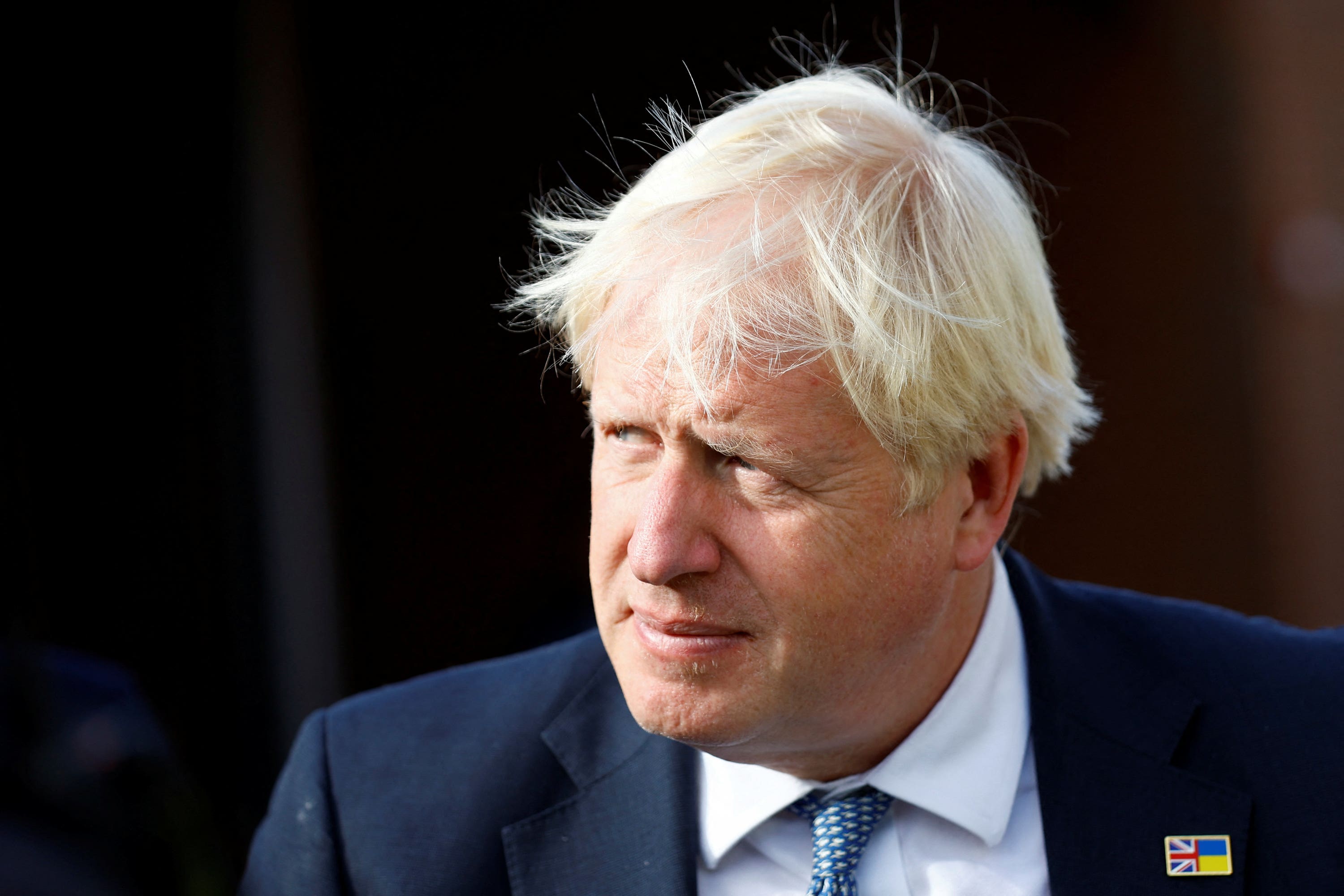Experts angered and disappointed over Boris Johnson’s long Covid remark
The then-Prime Minister said the condition was ‘Gulf War Syndrome’.

Boris Johnson’s description of long Covid as “bollocks” left experts shocked, saddened and angered, the inquiry into the pandemic in the UK has heard.
A document from October 2020 described symptoms of the condition, beside which the then-prime minister wrote “bollocks” and “this is Gulf War Syndrome”.
A similar sentiment was repeated by Mr Johnson in a WhatsApp message four months later, the UK Covid-19 Inquiry heard.
I'm deeply saddened and extremely angry at the same time
Professor Chris Brightling, professor of respiratory medicine, and Dr Rachael Evans, clinical associate professor and honorary consultant respiratory physician, both at the University of Leicester, told of their disappointment at the condition apparently being dismissed at such a high level.
Giving evidence on Friday, Prof Brightling said: “I’m deeply saddened and extremely angry at the same time.
“There are people in this room, there are people who are watching who have either suffered with long Covid themselves or their loved ones had long Covid, and I would be surprised if there are people in this room who do not at least know somebody who’s had long Covid.”
He went on to question whether Mr Johnson was saying “bollocks to the science”, which he said was “clearly wrong because the science was already quite compelling that this was a problem”.
Prof Brightling added: “Is it bollocks to the patients because he actually didn’t really feel that they deserved a voice?”
It's shocking and just beyond disappointing...To see that your own Prime Minister has written something like that, I just can't begin to think how people living through it feel
A WhatsApp message in February 2021 from Mr Johnson was also referred to, saying “Do we really believe in long Covid? Why can’t we hedge it more? I bet it’s complete Gulf War Syndrome stuff.”
Prof Brightling said the comments and the fact Mr Johnson’s view appeared not to change as the pandemic went on was “yet another unbelievable thing that happened”.
He added: “We don’t know how much this influenced the activity from Government, and what Government then did. But you would expect if the prime minister’s view was such it may well have had an influence on other people in Government.”
Dr Evans said the condition is “a very real phenomenon”.
Asked for her reaction to Mr Johnson’s words, she said: “It’s shocking and just beyond disappointing, and I still feel very emotive when you see it because obviously we’ve got people here, as Chris has said, that are living through this absolutely dreadful illness.”
She added: “To see that your own Prime Minister has written something like that, I just can’t begin to think how people living through it feel.
“And actually, as clinicians and researchers, we were already feeding back very clear descriptions of what this illness looked like, even if we didn’t know exactly what was causing it and all the rest of it. It was a very real and is a very real phenomenon.”
Anthony Metzer KC, speaking on behalf of Long Covid Kids, Long Covid SOS and Long Covid Support, previously told the inquiry that Mr Johnson initially “denied the truth” of the suffering of long Covid patients.
He said: “The UK’s senior most decision-makers were dismissing, diminishing and disbelieving the very existence and risk of long Covid.”